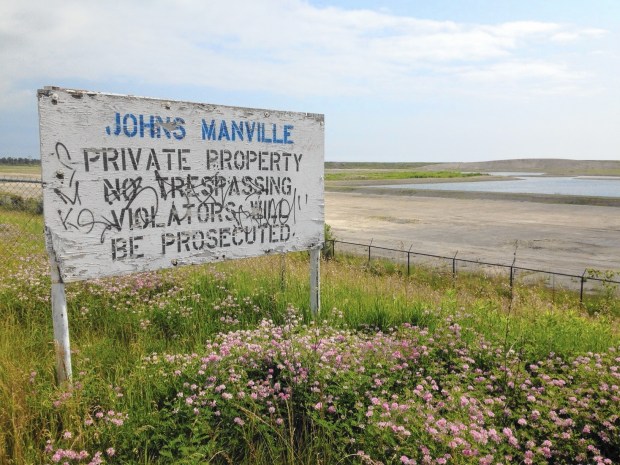Like cicadas crawling from their underground dens, thousands of property tax bills emerged last week in Lake County. The U.S. Postal Service thanks county officials for the additional work.
That’s the only gratitude they’ll get after most taxpayers have seen their bills rise substantially in an election year. Normally, taxing bodies ease up on their levies and tax rates in years when elective jobs are on the line.
Not so this year. My bill was up $766 over last year, adding to some of the highest tax rates in the state, and perhaps the nation. Certainly, that mirrors other county property owners.
Nearly every taxing body raised their rates for the 2023 tax year. The bill’s first installment is due at the office of Lake County Treasurer Holly Kim by June 5; the second on Sept. 5.
Of course, property taxes are the chief source of revenue for local governments. Yet, in a January poll, most American taxpayers say they are overtaxed and receive poor value in return for their tax burden. Unsurprisingly, Republicans are more likely than Democrats to view taxes as unfair, according to the University of Chicago’s Harris School of Public Policy and The Associated Press-NORC Center for Public Affairs Research.
Kim, of Mundelein, who is not up for election on Nov. 5, says 70% of county property owners’ tax bills go toward schools and education. Other slices of that tax pie include: Municipalities, 9% (unless you live in Gurnee or Vernon Hills, two county communities that have no property tax); Lake County, 7%; fire protection districts, 4%; park districts, 3%; Lake County Forest Preserves, 2%; townships, 2%; and various other taxing districts, such as libraries.
Our tax rates are based on an arcane mathematical formula administered by township assessors. Added to the equation is the also-cryptic “state multiplier.” Launching the Boeing Starliner into orbit must be easier than figuring out how assessors, boards of (tax) review and appraisers figure the fair market rate of our properties and tax rates.
Senior citizens and, in some cases, military veterans are allowed exemptions on their tax bills. Most property owners, however, remain waiting for that property tax relief they were promised when state House Speaker Michael Madigan ruled Springfield and was yet to be indicted by federal prosecutors for alleged misdeeds.
Illinois residents pay an average of nearly 10% of their personal income in state and local taxes, according to a study last year. That figure is much higher than the five states bordering the Land of Lincoln.
And state officials want to take more of that income, it seems, as they spend lavishly on all sorts of government programs. Gov. J.B. Pritzker has proposed more than doubling the tax on casino sportsbooks and online betting.
He suggests hiking the tax from 15% on revenue after winners are paid out to a figure of 35%. For non-gamblers, it doesn’t affect them, but points to the generous spending plans Pritzker supports and has in store for us.
Then there is the possibility that state lawmakers in Springfield will be debating the addition of a sales tax on services — mainly offered by mom-and-pop concerns, like landscapers — before the legislative session is scheduled to end this month. If that comes to fruition, small businesses across Illinois will face administrative nightmares.
In return, the governor has offered Illinoisans a welcome tax break — elimination of the 1% tax on groceries. In his February budget message, Pritzker called the grocery tax “most regressive,” while saying dropping the shopping levy is, “the right thing to do.”
Pritzker froze the grocery tax in 2022 at the height of the COVID-19 pandemic and in an election year when he was seeking re-election. It was reinstated a year later.
But then there is this rub: Most of the tax revenue benefits municipalities. The money is used to help fund basic services and keep city and village property taxes from rising at a faster rate.
What will replace those financial losses municipalities will suffer? Inevitably, more taxes in this game of fiscal chicanery.
Charles Selle is a former News-Sun reporter, political editor and editor.
sellenews@gmail.com
X @sellenews




